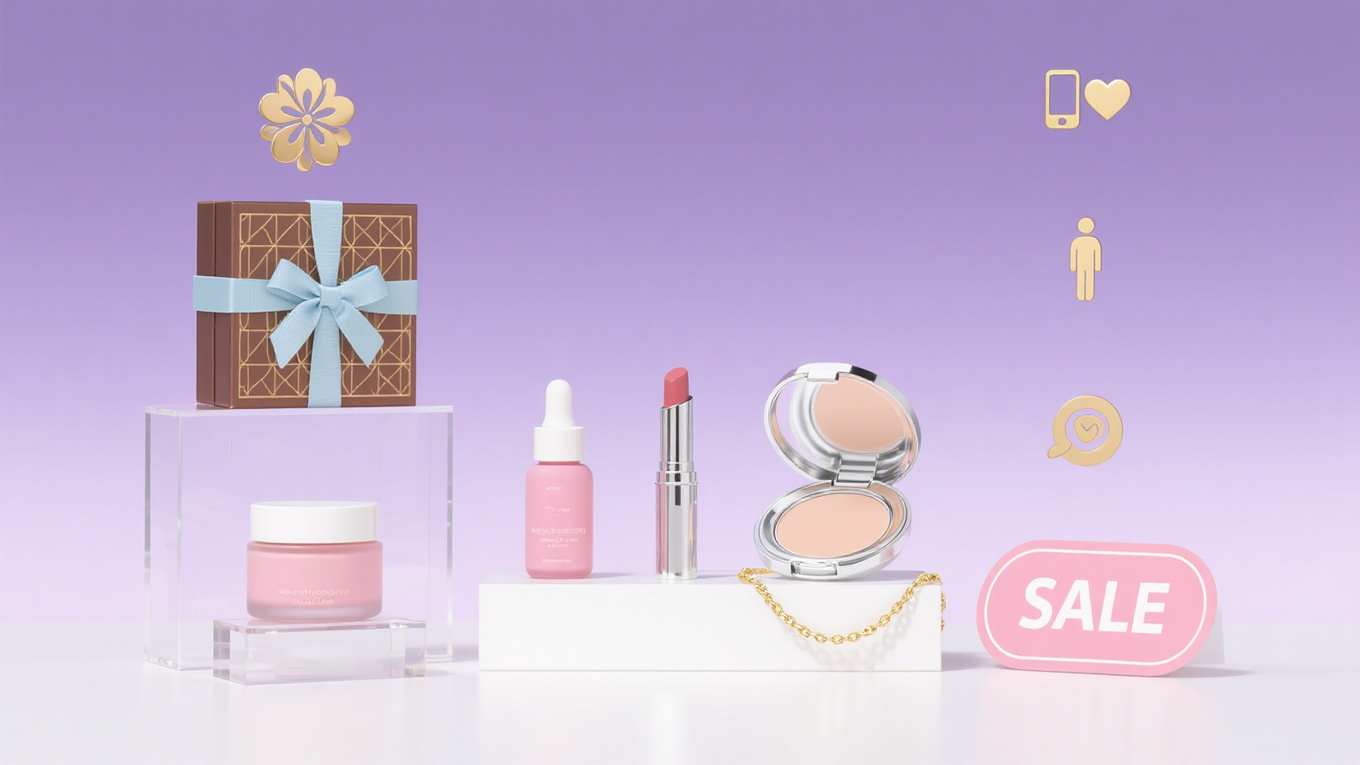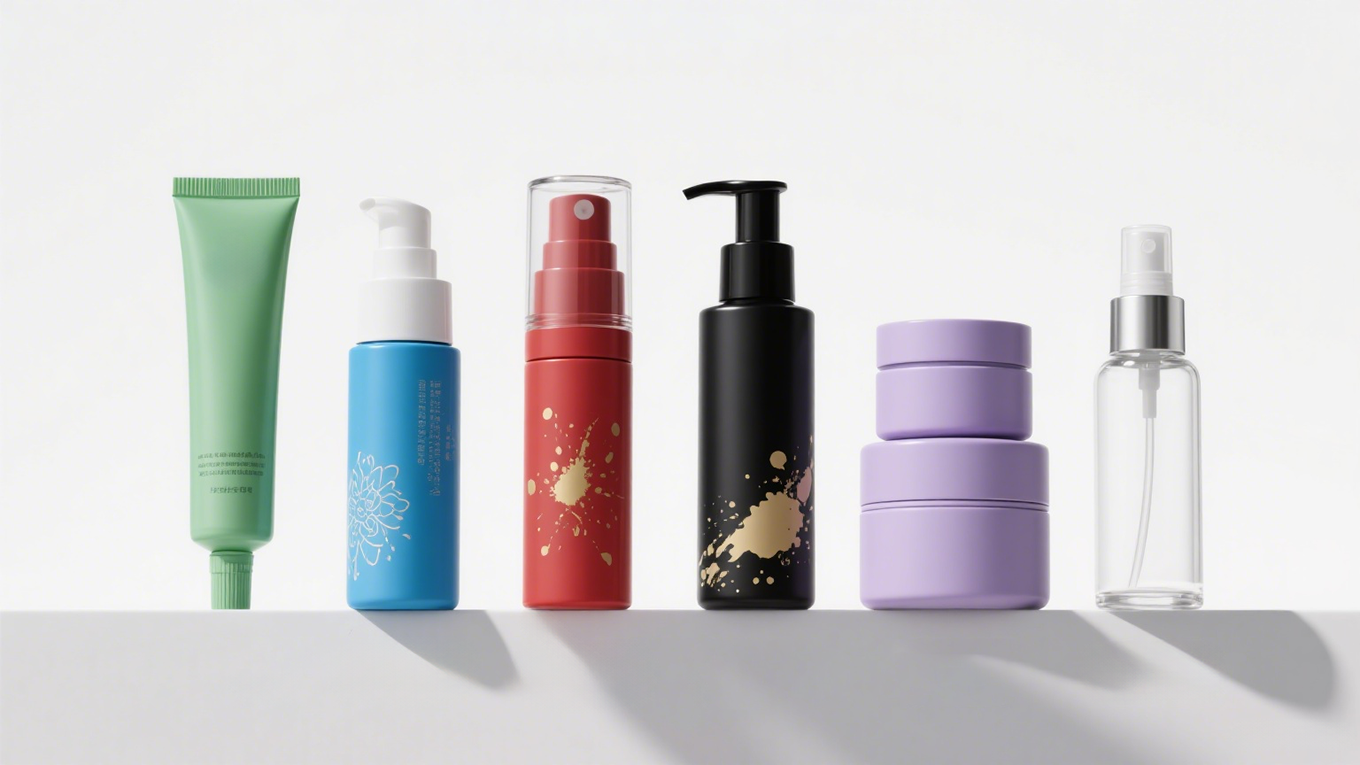In today’s competitive beauty industry, personalization has become more than just a trend—it is a key driver of consumer loyalty and brand differentiation. Personalized cosmetics allow individuals to select products tailored specifically to their unique skin tones, preferences, and needs. From foundations and lipsticks to skincare serums and masks, the demand for customized beauty solutions continues to grow in 2025. This comprehensive guide explores the benefits, methods, and emerging trends in personalized cosmetics, providing valuable insights for brands looking to innovate and connect with modern consumers.
What Are Personalized Cosmetics?
Personalized cosmetics, also referred to as custom or bespoke beauty products, are formulations or makeup items tailored to meet individual consumer needs. Unlike mass-produced items, these products are designed to address specific skin types, tones, and preferences, ensuring a perfect match and optimal performance.
Key characteristics of personalized cosmetics include:
- Tailored Formulations: Ingredients are selected based on skin type, sensitivity, or desired effects.
- Customized Shades: Foundations, concealers, and lipsticks can be adjusted to match unique skin tones.
- Personal Preferences: Products can cater to texture, fragrance, and finish preferences.
- Enhanced Consumer Experience: Personalized products create a sense of exclusivity and connection with the brand.
Advantages of Personalized Cosmetics
The shift toward personalized beauty is fueled by several compelling benefits for both consumers and brands.
1. Improved Product Performance
When products are formulated specifically for an individual’s skin type or tone, they are more likely to deliver visible results. For example, a customized foundation matched precisely to a customer’s skin tone avoids the common issue of mismatched or cakey makeup. Skincare products tailored to specific skin concerns—like hydration, acne prevention, or anti-aging—also provide more effective outcomes.
2. Enhanced Consumer Satisfaction
Personalization fosters a sense of care and attention, which strengthens the emotional connection between the consumer and the brand. Consumers feel valued when they can select products that address their unique needs, increasing satisfaction and repeat purchases.
3. Differentiation in a Competitive Market
The beauty industry is saturated with generic products. Offering personalized options sets a brand apart, positioning it as innovative and consumer-centric. Customization is increasingly viewed as a hallmark of premium and modern beauty brands.
4. Eco-Friendly and Responsible Consumption
Personalized cosmetics can also contribute to sustainability. By producing products based on specific consumer orders rather than mass production, brands reduce overstock, minimize waste, and encourage responsible consumption.
Methods of Personalizing Cosmetics
Brands employ a variety of approaches to achieve customization, from in-store consultations to digital platforms.
1. Digital Color Matching
Advanced technologies allow consumers to find their ideal shades through mobile apps or online quizzes. AI-powered systems analyze skin tone, undertones, and preferences to recommend products such as foundation, concealer, or lipstick.
2. Ingredient Customization
Some brands offer the ability to select specific ingredients in skincare products. For example, a moisturizer might include added hyaluronic acid for hydration or niacinamide for brightening, depending on the customer’s skin needs.
3. Mix-and-Match Formulas
Certain companies allow users to blend base formulas with color pigments or active ingredients to create their own customized products. This hands-on approach provides a tactile, engaging experience for the consumer.
4. In-Store and Online Consultations
Personalized consultations, whether in physical stores or virtually, enable beauty experts to assess skin conditions, preferences, and concerns. Recommendations can then be turned into bespoke products for each individual.
Key Benefits for Brands
Personalized cosmetics not only benefit consumers but also provide strategic advantages for brands seeking growth.
- Stronger Customer Loyalty: Customized products create a sense of exclusivity, encouraging repeat business.
- Higher Margins: Personalized products often command premium pricing due to their bespoke nature.
- Valuable Consumer Data: Insights gathered during customization help brands understand preferences and trends, informing future product development.
- Enhanced Brand Image: Offering tailored solutions positions a brand as innovative, modern, and consumer-focused.
Trends in Personalized Cosmetics for 2025
Several emerging trends are shaping the future of personalized cosmetics:
1. AI and AR Integration
Artificial intelligence and augmented reality tools are transforming the customization experience. Consumers can virtually try products, see how shades will look in real time, and receive AI-guided recommendations.
2. Sustainable Personalization
Eco-conscious consumers are seeking brands that offer personalized products without compromising sustainability. Refillable packaging, biodegradable materials, and on-demand production are gaining prominence.
3. Hybrid Personalization Models
Brands are combining digital tools with in-store experiences to create a seamless omnichannel personalization journey. Customers can start an online consultation, then finalize the product in-store for a tactile experience.
4. Expanding Beyond Makeup
Personalization is extending into skincare, haircare, and wellness products. Customized serums, hair masks, and even supplements are increasingly available, reflecting consumer demand for holistic beauty solutions.
Challenges and Considerations
While personalized cosmetics offer significant benefits, brands must navigate several challenges:
- Cost Management: Custom production can be more expensive than mass production. Efficient supply chains are critical.
- Inventory Control: Limited batches and bespoke products require careful inventory and forecasting strategies.
- Regulatory Compliance: Ingredients and formulations must comply with cosmetic regulations in all target markets.
- Consumer Education: Brands must guide customers on how to select the right personalization options to ensure satisfaction.
Personalized cosmetics represent a transformative opportunity in the beauty industry. By offering products tailored to individual needs, brands can enhance consumer satisfaction, foster loyalty, and differentiate themselves in an increasingly competitive market. With advancements in AI, sustainable packaging, and innovative formulations, personalized cosmetics are set to become a standard expectation for modern beauty consumers in 2025. Brands that invest in personalization will not only meet consumer demand but also create meaningful, long-lasting relationships with their audience.



